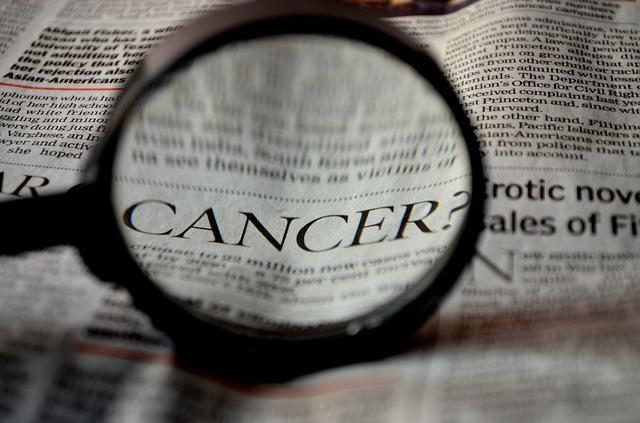Is Prostatitis A Precursor To Prostate Cancer?
Date:2022-06-28 click:0
Can prostatitis be a sign of prostate cancer? Whenever the word cancer appears in the medical or examination report, it makes people feel hopeless. Today, let's discuss prostatitis and prostate cancer. Is there really a connection between the two?

In fact, there is no necessary relationship between prostate and prostate cancer. The incidence of prostatitis is higher than that of prostate cancer. The current survey shows that the cancer rate of prostatitis is relatively low. So, there is no relationship between prostatitis and prostate cancer, and prostatitis will not cause cancer.
So how do people differentiate between prostatitis and prostate cancer?
On the one hand, in terms of age, prostatitis is more common in young and middle-aged people, prostate cancer mainly occurs in middle-aged and older people, and it is more common in men over 50. On the other hand, from the perspective of symptoms, prostatitis is an inflammatory disease, manifested as genital pain, frequent urination, urgency, soreness, and weakness of the waist and knees, and even affects the patient's sleep and mental state.
The early manifestations of prostate cancer are prostatic hyperplasia and obstruction, accompanied by symptoms such as difficulty urinating, thinning of the urine line, frequent urination, and urgency of urination.
We can also look at the difference between the two in terms of etiology. Prostatitis is caused by retrograde infections such as bacteria, mycoplasma, and chlamydia. Prostate cancer is caused by the mutation of some cells when a person reaches old age. Currently, the cause is unclear, and no disease has been found directly related to prostate cancer. Prostate cancer is a high incidence in the elderly, so men after the age of 55 should be included in the high-risk group, and PSA (prostate-specific antigen) should be checked regularly.
The older the age, the higher the incidence of prostate cancer. In addition, prostate cancer has a familial tendency and is related to genetics. If there is a first-degree relative in the family with prostate cancer, and if the father or brother has prostate cancer, it is recommended to have prostate cancer screening as soon as possible.
So since prostatitis does not lead to prostate cancer, it can be ignored. Is this statement correct?
Of course, this statement is false. The reasons are as follows:
1. When prostatitis occurs, it will cause pain to the patient. When patients have prostatitis, pain or discomfort in the pelvic area, abnormal urination, sexual dysfunction, white urethral orifice, and dull pain and discomfort in the lower perineum will occur.
2. Due to the special location of the prostate, many prostatitis complications such as calcification, cysts, and stones may occur without timely treatment. Treatment should be combined with professional equipment to allow the drug to penetrate the dense capsule. At the same time, the pertinence of the drug and treatment should also be considered. The position of the prostate gland is close to the seminal vesicle and posterior urethra. If prostatitis is not treated in time, it may infect other organs, especially the seminal vesicles. Many prostate patients are complicated by seminal vesiculitis and posterior urethritis, making it more difficult.
Moreover, the prostate is a male accessory gonad. Once problems occur, they may lead to sexual dysfunction, impotence, and premature ejaculation. Prostatic fluid is an important part of semen. It provides various nutrients for sperm growth and improves the activity of sperm. When inflammation occurs, it can cause the quality of semen to decline and affect fertility.
Therefore, prostatitis should be treated in time. Patients are generally given antibiotics, such as roxithromycin, azithromycin, etc. But antibiotics have specific side effects. As long as the amount is controlled, natural medicine does not have side effects. Diuretic and Anti-inflammatory Pill is made of pure herbs, which will not produce drug resistance and can directly reach the affected area. It is the gospel of most prostatitis patients.
You may also be interested in:



